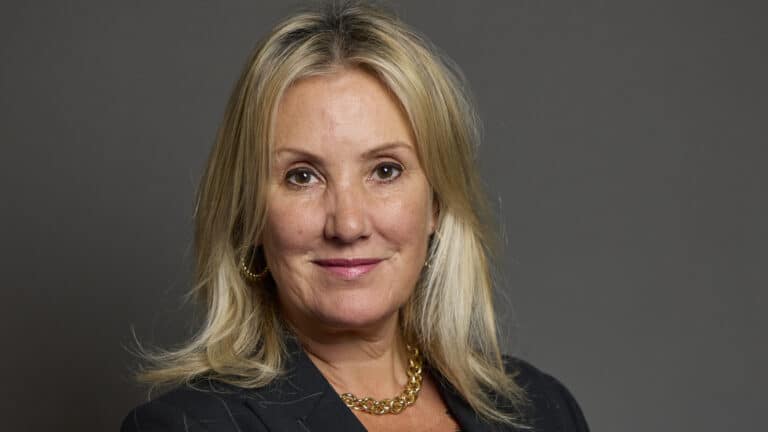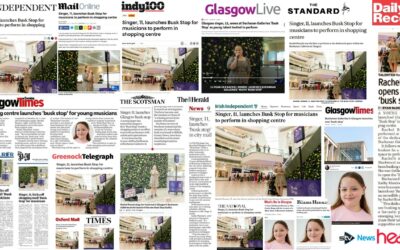Government plans to cut the budget of the Department for Culture, Media and Sport (DCMS) over the next three years have been slammed as “the wrong choice” by the chair of the Culture, Media and Sport Select Committee.
Responding to yesterday’s (11 June) Spending Review announcement, Conservative MP Caroline Dinenage highlighted a 1.2% real terms cut to its resource budget for the four-year period from 2025/26 to 2028/29 handed down by Chancellor Rachel Reeves, and said there are “huge unanswered questions” about how it will be managed.
She was particularly cocerned about the future of the BBC World Service, and how this fits into Chancellor Rachel Reeves’ policy of ‘securonomics.’
“At the same time, a real-terms cut to the FCDO puts the UK’s soft power credentials and the sustainability of the BBC World Service in question, risking undermining the Chancellor’s promise of securonomics,” she said. “As geo-politics become more uncertain, we cannot afford to simply step back and create a vacuum for hostile states’ media to fill.”
The settlement will result in a budget of £1.6bn a year for each of the next two years, followed by a £400m boost to £2bn in 2028/29.
Treasury documents show that DCMS’s capital budget will also face a real-terms cut of 2.8% for the period and that the department has committed to delivering at least 5% savings and efficiencies during that time.
Dinenage welcomed promises of a “significant increase” in funding for the creative industries that would aim to support regional growth, drive innovation, and develop creative places, but noted that “the detail needed to scrutinise this claim is lacking.”
She went on: “There are also the huge unanswered questions of how the department is going to manage these cuts, and what parts of culture, media and sport will be made to bear the brunt of them.”
The decision to cut DCMS spending was also met with caution by cultural leaders. Performers’ union Equity called the cuts “a self-imposed injury to a growth-driving sector of our economy” that showed the government is “deeply confused about the arts,”
Responses haven’t been entirely negative, however. Caroline Norbury, CEO of Creative UK, praised a previously announced plan to utilise £132.5m of dormant assets to support disadvantaged young people in accessing music, sport, and drama through investment in facilities and libraries.
Combined with additional support of £1.2bn a year for training and apprenticeships, Norbury said the measures are “a step in the right direction”.
She also hailed an above-inflation increase in R&D funding to £22.6bn per year by 2029/30 as “encouraging” but added a caveat: “It is vital that the criteria explicitly recognises the value of R&D across the arts, humanities and creative industries,” she said.










